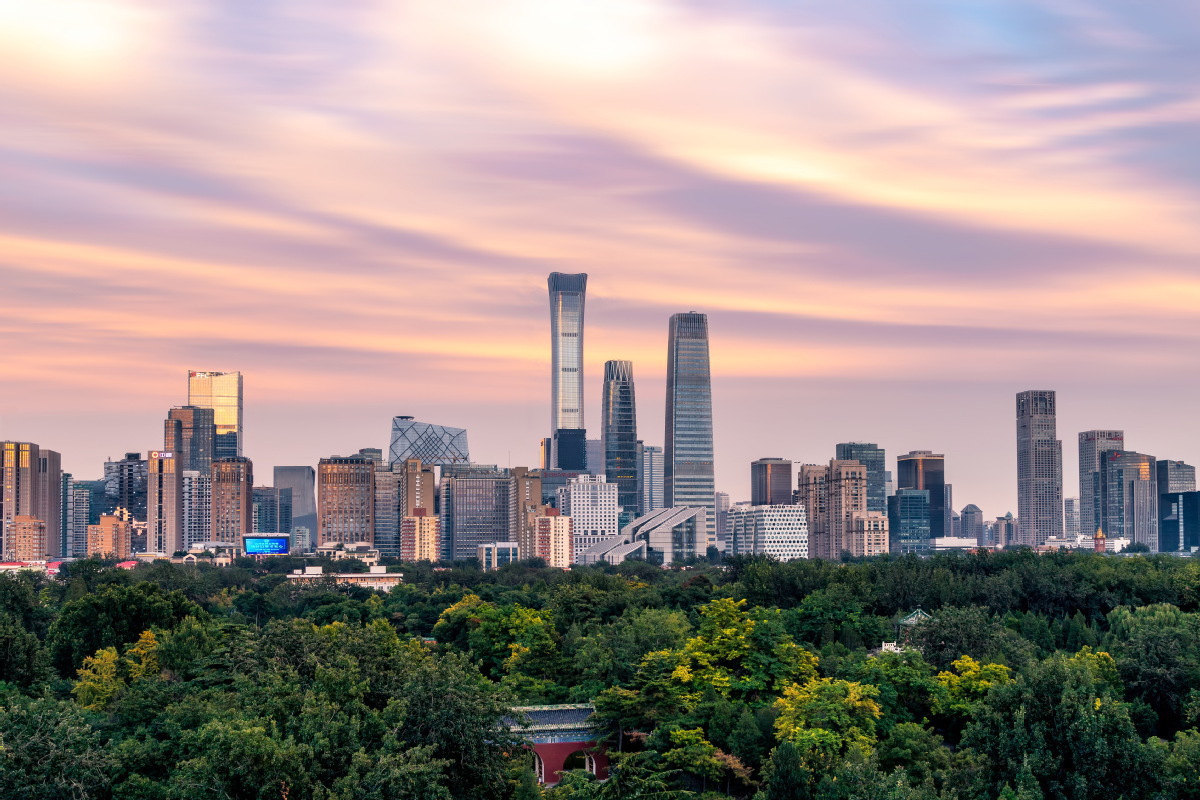China's leadership urges cool heads over economy to push balanced recovery


BEIJING - Moving on from a strong economic rebound, China's top leadership has called for cool heads over the impressive growth to put more focus on deepening structural reform for balanced recovery in the long term.
Though China's economy has got off to a good start this year, the central leadership stressed Friday that the country's first-quarter data should be viewed dialectically.
"The current economic recovery is still unbalanced and the foundation not solid," noted the meeting of the Political Bureau of the Communist Party of China Central Committee.
China's economy grew 18.3 percent year-on-year in the first quarter of 2021, as strong domestic and foreign demands powered recovery from a low base in early 2020 when COVID-19 stalled the world's second-largest economy.
Soberly aware that the double-digit growth was fueled by base effect, policymakers underscored more efforts to deepen supply-side structural reform and remove the impediments to domestic and international circulations as China faced "a window of opportunities" at a time when there is less pressure to maintain steady growth.
Domestically, while most sectors have emerged from the epidemic impacts faster and stronger than expected, some are still feeling the pinch.
Official data showed China's first-quarter manufacturing investment of 2020 and 2021 was down 2 percent on average from the 2019 level. Recovery of consumption, an important pillar of economic growth, also needs further consolidation.
Other challenges include pushing industrial upgrading, keeping stability in the property market, defusing financial risks and advancing plans towards carbon neutrality, along with coping with increasing uncertainties in the global market.
Friday's meeting detailed requirements to address such issues, vowing to implement macro policies with precision while maintaining their continuity, stability and sustainability.
It urged efforts to maintain stable expectations, keep the economy running within an appropriate range, and ensure it reaches a higher level of equilibrium during the course of the recovery.
The country's proactive fiscal policy should be implemented thoroughly, while a prudent monetary policy should be adopted to maintain reasonable and sufficient liquidity, the meeting stressed.
China has to strike a balance between short-term tasks and long-term goals, and focus on resolving structural problems to enable a higher level of equilibrium, said Dong Yu, executive deputy dean of the China Institute for Development Planning at Tsinghua University.
As the Chinese government has absolutely no pressure to achieve its growth target of over 6 percent this year, the difficult problems accumulated over the past years will be beginning to be cleaned up one by one this year, according to Zhang Zhiwei, chief economist at Pinpoint Asset Management.
Zhang cited China's recent policy measures, including regulation on mortgage loans, as evidence of government resolution to tackle the economic problems.
"It is worth noting that although these policies may bring certain risks in the short-term, in the long-term, they are good for the development of China's economy and capital market," Zhang said.




































